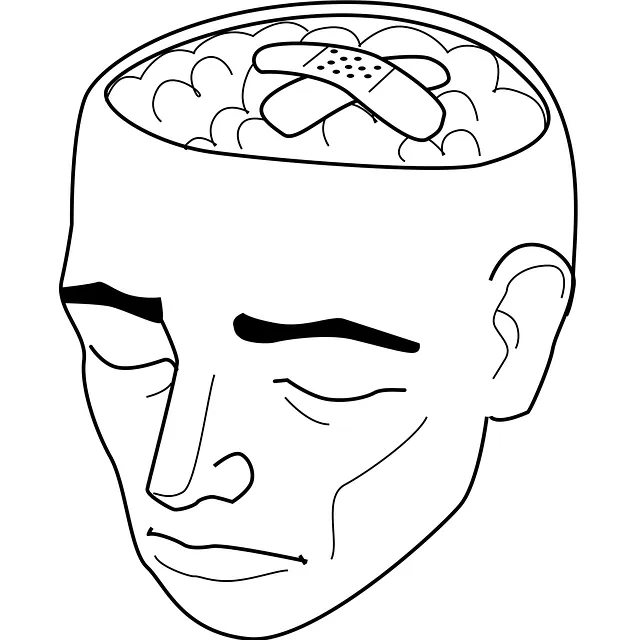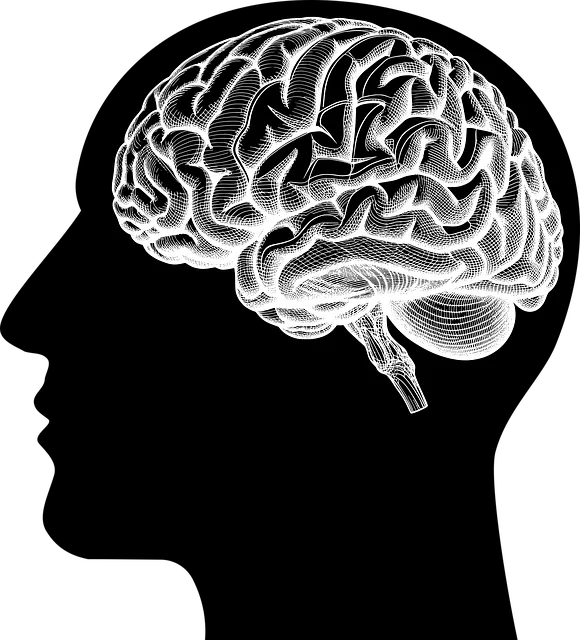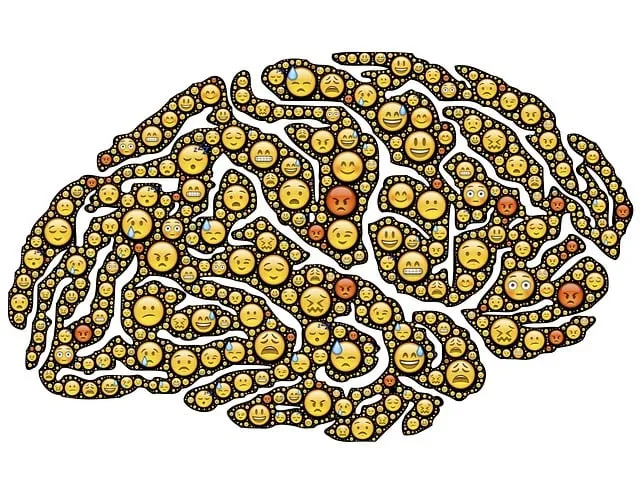The Longmont Kaiser Permanente mental health center focuses on holistic mental well-being through positive thinking exercises, reducing stress, building resilience and fostering a supportive community. They offer tailored programs integrating cognitive reframing, mindfulness practices and creative writing to challenge negative thought patterns. Group sessions, feedback loops, data tracking and risk management ensure safe, effective programming that empowers patients to navigate life's challenges with improved mental fortitude.
At Longmont Kaiser Permanente mental health center, positive thinking exercises have emerged as a powerful tool for enhancing mental well-being. This article explores the strategic implementation of these exercises, providing insights into their design, delivery, and impact. From understanding the foundational role of positive thinking to measuring its success, each section delves into practical strategies employed at Longmont Kaiser Permanente, offering valuable lessons for healthcare professionals aiming to integrate these practices into their work.
- Understanding Positive Thinking: A Foundation for Mental Well-being at Longmont Kaiser Permanente
- Designing Effective Thinking Exercises: Tools for the Mental Health Center Team
- Implementing and Facilitating Group Sessions: Strategies for Engagement at Longmont Kaiser Permanente
- Measuring Impact: Assessing the Success of Positive Thinking Exercises at the Mental Health Center
Understanding Positive Thinking: A Foundation for Mental Well-being at Longmont Kaiser Permanente

At Longmont Kaiser Permanente mental health center, positive thinking is recognized as a fundamental aspect of fostering mental well-being. It’s not just about optimism; it involves cultivating a mindset that focuses on the bright side of life, even in challenging situations. Through various exercises and practices, individuals are encouraged to reframe negative thoughts into more constructive and positive ones. This approach has been shown to significantly reduce stress levels and promote resilience, two crucial elements for maintaining overall mental health.
The center offers a range of programs that include empathy building strategies, compassion cultivation practices, and stress reduction methods. These initiatives aim to empower individuals to take control of their thoughts and emotions, thereby creating a more positive outlook on life. By fostering empathy and understanding, Longmont Kaiser Permanente helps its clients develop the skills needed to navigate through life’s complexities with greater ease and mental fortitude.
Designing Effective Thinking Exercises: Tools for the Mental Health Center Team

Designing Effective Thinking Exercises is a crucial aspect of fostering emotional well-being promotion techniques at the Longmont Kaiser Permanente mental health center. The team there plays a vital role in implementing strategies that enhance patients’ mental health and overall policy analysis and advocacy efforts. Through tailored exercises, professionals can navigate complex patient scenarios, encouraging positive thinking and resilience. These activities should be inclusive, catering to diverse patient populations, and regularly updated to stay relevant.
Mental health professionals at the center must consider individual needs and cultural backgrounds when creating these exercises. A well-designed program could involve cognitive reframing techniques, mindfulness practices, or even creative writing prompts. By integrating such activities into therapy sessions, the team can help patients challenge negative thought patterns and build coping mechanisms. Moreover, regular risk assessment for mental health professionals ensures that these exercises are both safe and effective, fostering a supportive environment for long-term emotional well-being.
Implementing and Facilitating Group Sessions: Strategies for Engagement at Longmont Kaiser Permanente

At Longmont Kaiser Permanente mental health center, facilitating group sessions centered around positive thinking exercises can significantly enhance well-being among participants. Engaging activities that promote Mind Over Matter Principles are integrated into these sessions to foster a supportive environment. By combining interactive discussions, mindfulness practices, and coping strategies, the center aims to cultivate resilience against stress and burnout prevention, addressing common challenges faced by individuals in today’s fast-paced world.
These group sessions actively involve participants through icebreakers, sharing experiences, and collaborative problem-solving. Leaders encourage open communication, ensuring everyone feels heard and validated. Techniques such as positive affirmations, visualization exercises, and gratitude practices are introduced to counteract anxiety relief and promote a more optimistic outlook. The center’s approach emphasizes the power of collective support, where shared experiences create a sense of belonging and empowerment.
Measuring Impact: Assessing the Success of Positive Thinking Exercises at the Mental Health Center

At the Longmont Kaiser Permanente mental health center, the implementation of positive thinking exercises has been a significant step in enhancing patient outcomes and promoting mental well-being. To measure the impact of these initiatives, a comprehensive assessment strategy is employed, focusing on both qualitative and quantitative data collection. This involves regular feedback from patients and healthcare providers, tracking changes in symptom severity, and monitoring improvements in areas like resilience building and mental health awareness.
The center’s Risk Management Planning for Mental Health Professionals plays a crucial role in this process by ensuring that exercises are not only effective but also safe and tailored to individual needs. Through these assessments, the Longmont Kaiser Permanente mental health center aims to continuously refine its positive thinking programs, making them more impactful and relevant in fostering a supportive environment for patients’ metamorphosis and long-term recovery.
Implementing positive thinking exercises at Longmont Kaiser Permanente’s mental health center has proven to be a powerful tool for enhancing mental well-being. By understanding the fundamentals of positive thinking, designing effective exercises, and facilitating engaging group sessions, the center has created a supportive environment that empowers individuals to navigate life’s challenges with resilience. The measured impact of these initiatives highlights their success in fostering a sense of optimism, reducing stress, and improving overall mental health among participants at Longmont Kaiser Permanente.






